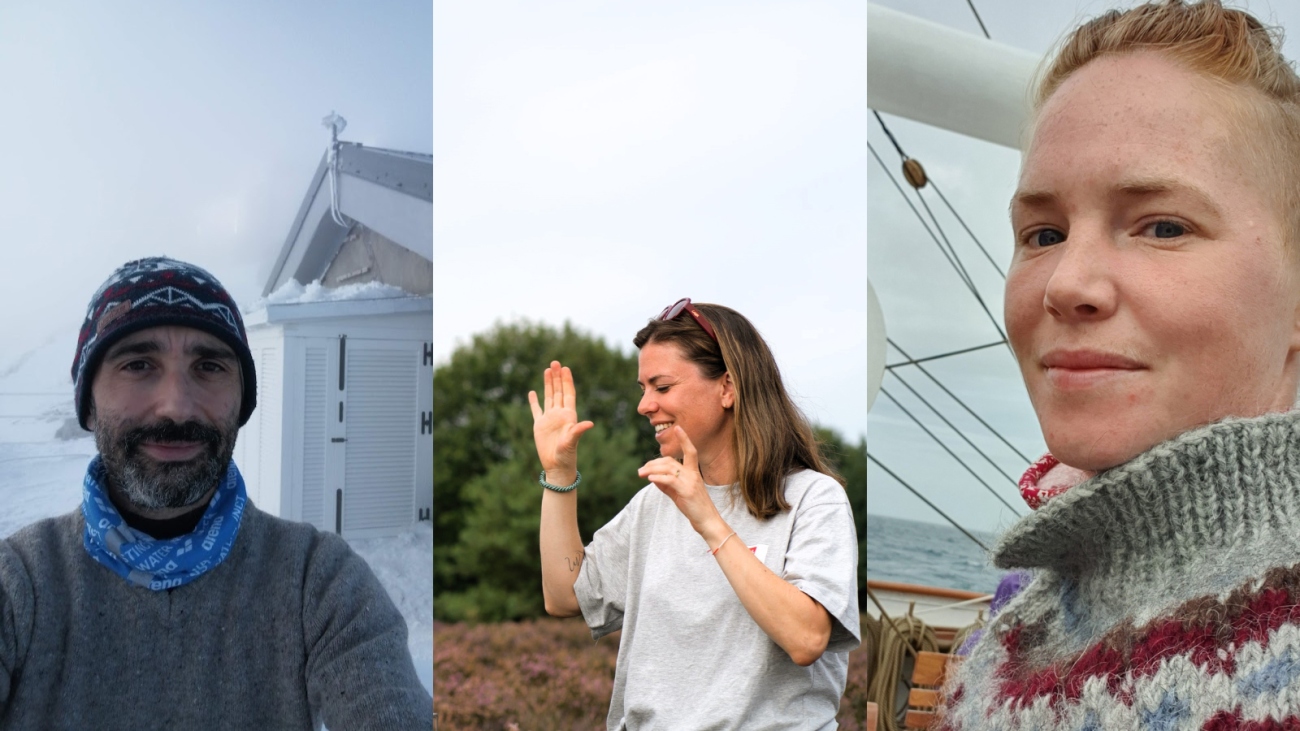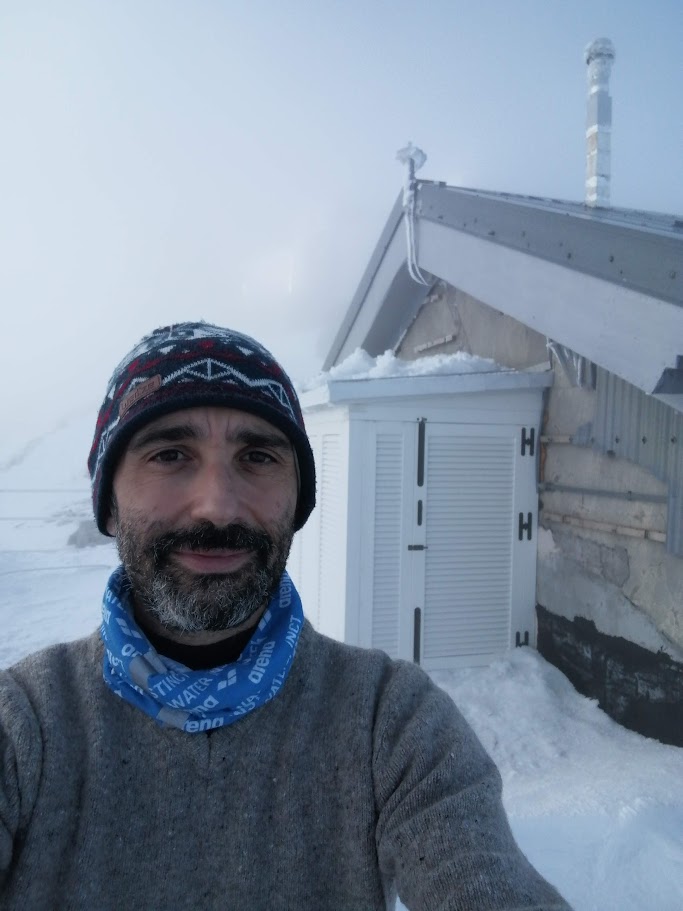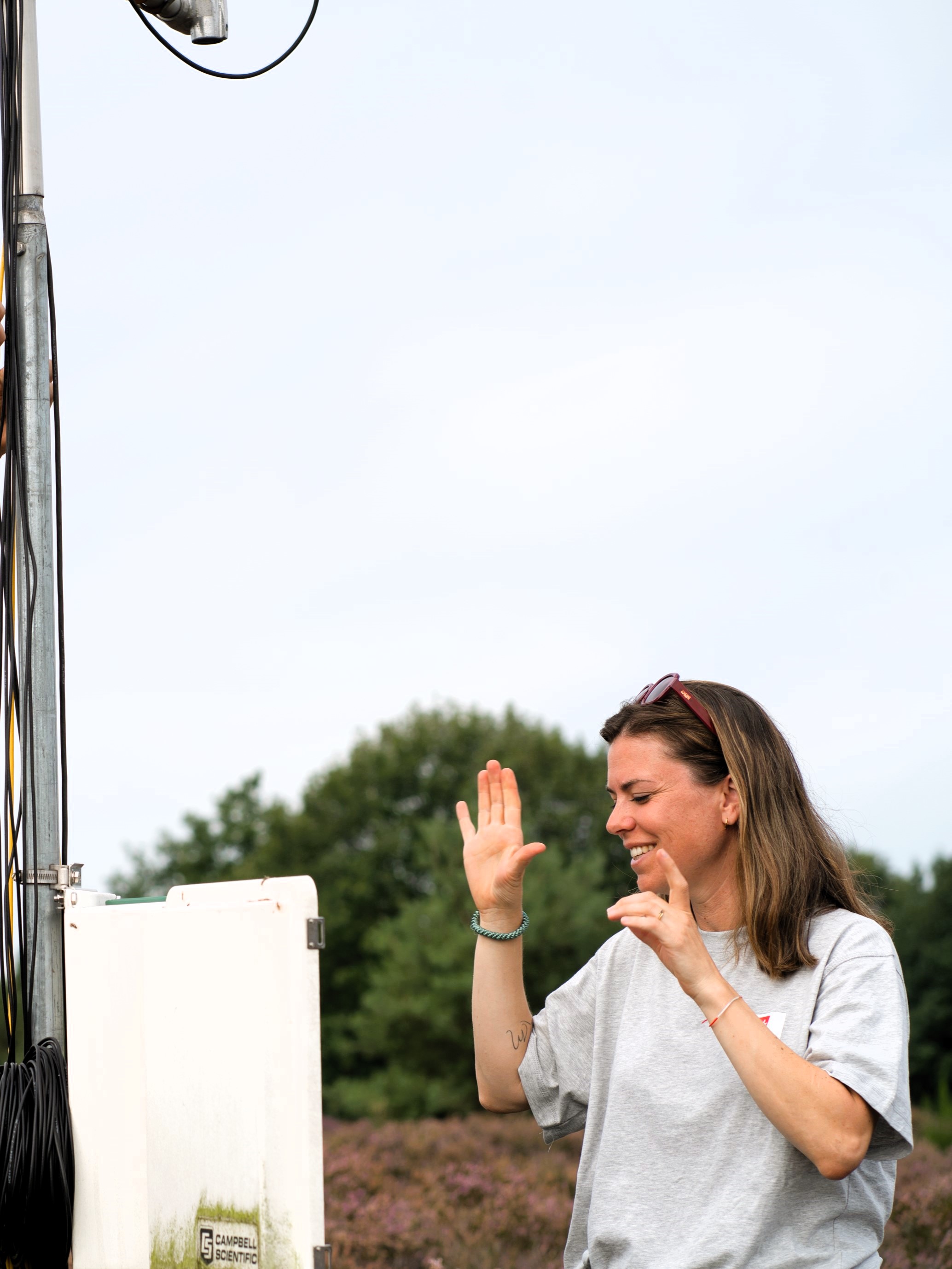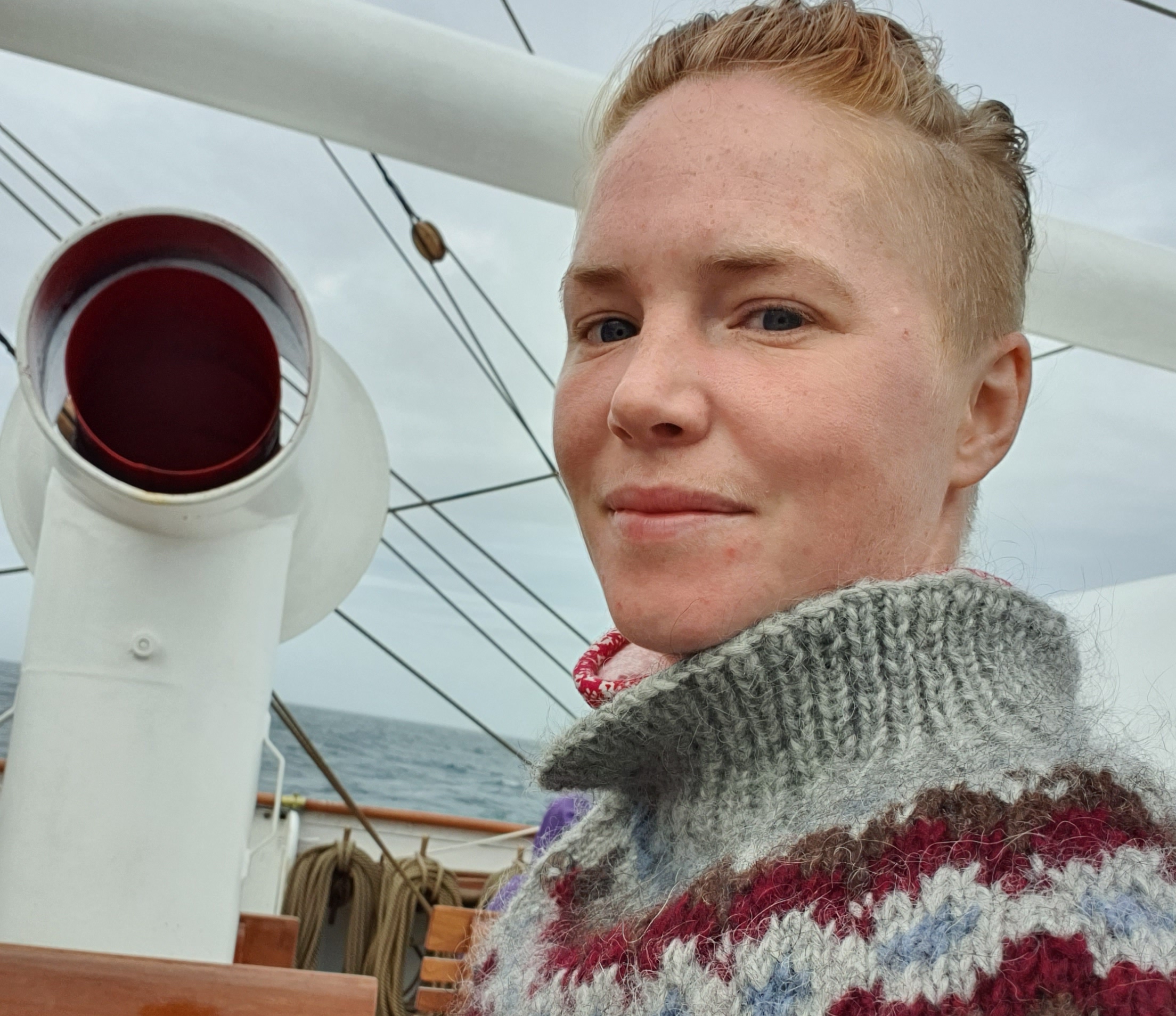
2024 sees some changes in the personnel of the three ICOS Monitoring Station Assemblies (MSAs).
In the Atmosphere MSA, Dagmar Kubistin goes from being co-chair to chair, replacing Paolo Cristofanelli in the role. Arnoud Frumau is the new co-chair.
The new chair and co-chair of the Ecosystem MSA are Natalia Kowalska and Alexander Graf, respectively. They replace Marilyn Roland and Nicola Arriga.
Later in the year, Meike Becker will be stepping down as chair of the Ocean MSA, with current co-chair Carolina Cantoni poised to take the position of chair. A new co-chair will be in place later in the year.
MSA chairs typically hold their position for 2 years at a time.
What does chairing an MSA look like in practice? We sat down with the outgoing chairs to find out how their time went.
“You have to hang up your hat as an individual station PI!”
For Paolo Cristofanelli, former chair of the Atmosphere MSA, the role was a learning experience. “First and foremost, station principal investigators (PIs) are scientists - they are committed to scientific topics,” explains Paolo.
“But when you act as a chair, you learn a lot about the management of a Research Infrastructure (RI). It's an opportunity for personal growth.”
Like all MSAs, the Atmosphere MSA has two plenary sessions a year to discuss major talking points and to review the data produced. Aside from these sessions, the Atmosphere MSA also has self-organised working groups who meet independently to discuss specific technical or scientific questions.
While the Atmosphere MSA can work on issues independently of the chair and co-chair, having the chair as the formal representative is helpful for the MSA. “There are more than 40 single stations in the Atmosphere MSA, so it’s not really feasible for each station to get in touch with the RI Committee to ask a question or provide suggestions,” Paolo explains. “The chair is a useful representative for the MSA who can relay those questions”.

"MSA meetings are about interacting and sharing what’s going on – no need to reinvent the wheel”
Each MSA chair duo decides how the division of labour works between the chair and co-chair. During Marilyn Roland’s time as chair of the Ecosystem MSA, these two roles were largely interchangeable.
“In my case, I shared the role with Nicola Arriga, and we really acted as co-chairs,” outlines Marilyn. “We always discussed everything together because it just felt more natural to have someone to talk to before making a decision, rather than make a decision unilaterally.”
MSA chair activities are not strictly limited to representing their domain in RI Committee meetings or preparing the agenda for MSA meetings. They can sometimes take on some bigger, more abstract challenges.
This was the case for Marilyn and the COVID-19 pandemic. “Reviving the Ecosystem community after COVID was really challenging,” Marilyn says. “The connection between the PIs and the stations was lost. People stopped reacting or taking part in meetings – a lot of energy was being sapped out.”
“But we started a few initiatives where we had smaller meetings or breakout sessions with just a few stations at a time,” Marilyn continues. “People felt more at ease to talk in smaller groups rather than in plenary meetings.”
“I think what worked was that we emphasised the fact we need everybody to take part in this community because we need each other. Now I have the feeling that this bond is there again and we’re all actively engaging together.”

Resolving questions over coffee
Meike Becker, the current Ocean MSA chair, believes that informal coffee meetings have often been the best opportunities to discuss developments in the wider ocean community. “The Ocean MSA is a rather small but tight-knit community,” says Meike. “You get to know everyone very quickly and there is a lot of lively discussion. We can discuss all sort of things, like reevaluating our labelling criteria or just discussing what’s happening in the international community.”
These virtual coffee meetings are also an ideal method of gathering questions from station PIs which Meike can then share with the RI Committee and Head Office.
Like Paolo, Meike values the insight into the wider processes of the Research Infrastructure afforded to the MSA chair. “Often, things are happening that you’re only vaguely aware of, like preparing for an ICOS General Assembly,” Meike explains. “Having greater insight into these processes is useful to relay back to the stations.”
“There are lot of new faces, new terms to learn, so it can be hard to find your way to begin with,” Meike adds. “Of course, we always look to support each other – the outgoing chair will help with the handover, and a new co-chair is helped to settle in by the chair.”
“Once settled in, being the chair is a really valuable experience that gives you proper insight into how the Research Infrastructure operates.”

ICOS ERIC expresses its thanks and gratitude to the outgoing chairs and co-chairs of the MSAs for all their work and dedication over the years, and wishes the new chairs and co-chairs the best of luck in their roles!
What are Monitoring Station Assemblies?
Monitoring Station Assemblies are where the Principal Investigators (PI) of ICOS stations meet to discuss, develop and improve the scientific and technical bases of ICOS observations. MSAs also work closely with the ICOS Central Facilities – these being the Thematic Centres (which coordinate observations and support stations) and the Central Analytical Laboratories (who provide gas analyses and calibration gases).
The chair is a station PI elected or selected to be the formal representative of their MSA in the ICOS Research Infrastructure (RI) Committee. The RI Committee is a high-level advisory board which advises the ICOS Director General and the General Assembly on scientific and organisational matters concerning the RI. The chair relays important information and questions from their domain’s station PIs to the RI Committee and vice-versa.